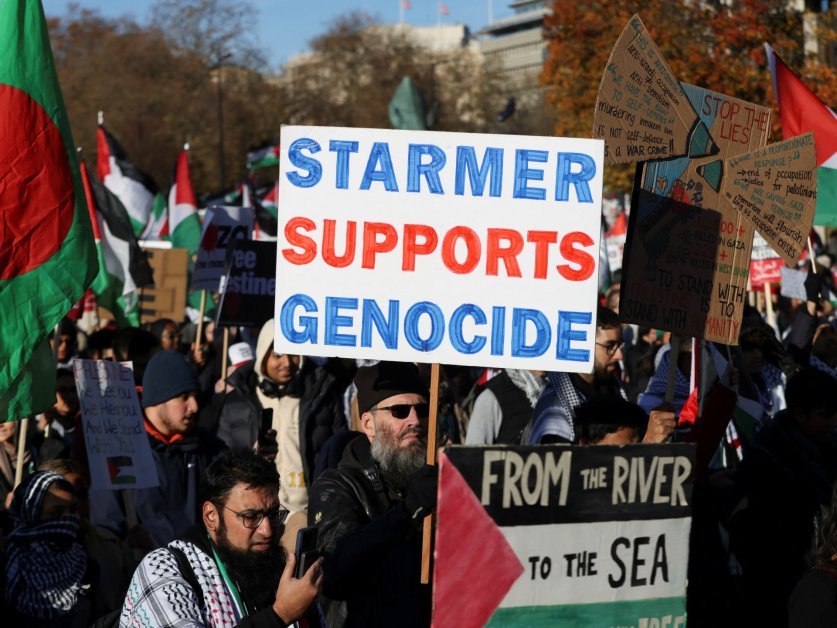The Impact of Gaza Conflict on UK Labour Party and the Political Landscape
The ongoing conflict in Gaza has brought to light the vulnerabilities within the UK Labour party, potentially reshaping the political landscape in the upcoming election. As tensions rise in the region, the party’s stance on the crisis faces scrutiny, with critics questioning their ability to address the situation effectively. The outcome of how Labour handles the Gaza conflict could determine their success in securing a majority in the next election.
Election Implications and Voting Trends
Recent local and mayoral elections across England and Wales were seen as a test run for the upcoming UK general election. Initial predictions suggested a Labour landslide, with the opposition party making significant gains while the Conservatives suffered losses. However, a closer look at voting patterns, particularly in strategically important areas, revealed a different reality for Labour. Despite gains in some regions, there were decreases in support from key demographics like students and Muslims.
The Impact of Gaza on Voter Support
The Labour Party’s response to Israel’s actions in Gaza has been criticized since the conflict began. The party’s stance, which appeared to support Israel’s actions, has alienated Muslim voters and students who advocate for human rights and Palestinian liberation. Recent polling shows that a majority of the UK public, including Labour supporters, favor halting arms sales to Israel and believe that Israel is violating human rights in Gaza. The public’s growing disapproval of the conflict could lead to more voters moving away from politicians perceived as supporting Israel’s actions.
Electoral Challenges and Potential Strategies
Under the UK’s electoral system, Labour needs to win 326 constituencies to secure a majority in the House of Commons. However, based on the swing in the recent local elections, Labour would fall short of this target in a general election, leading to a hung parliament. Prominent figures like Andy Burnham and Sadiq Khan, who condemned the Gaza conflict, saw success in their respective elections. Independent and Green Party candidates, who opposed the conflict, also gained support at Labour’s expense.
The Path to Election Victory
To secure victory in the next general election, Labour must take a clear and principled stance against Israel’s actions in Gaza. This includes ending arms sales to Israel, calling for an immediate ceasefire, and unilaterally recognizing the state of Palestine. The devastation in Gaza, including the humanitarian crisis and potential famine, demands a strong response from Labour to align with public sentiment and historical responsibility.
the Labour Party faces a critical juncture in navigating the Gaza conflict to secure electoral success. By taking a firm stance against Israel’s actions and advocating for peace and justice in Gaza, Labour can position itself as a leader in addressing humanitarian crises and upholding human rights.


